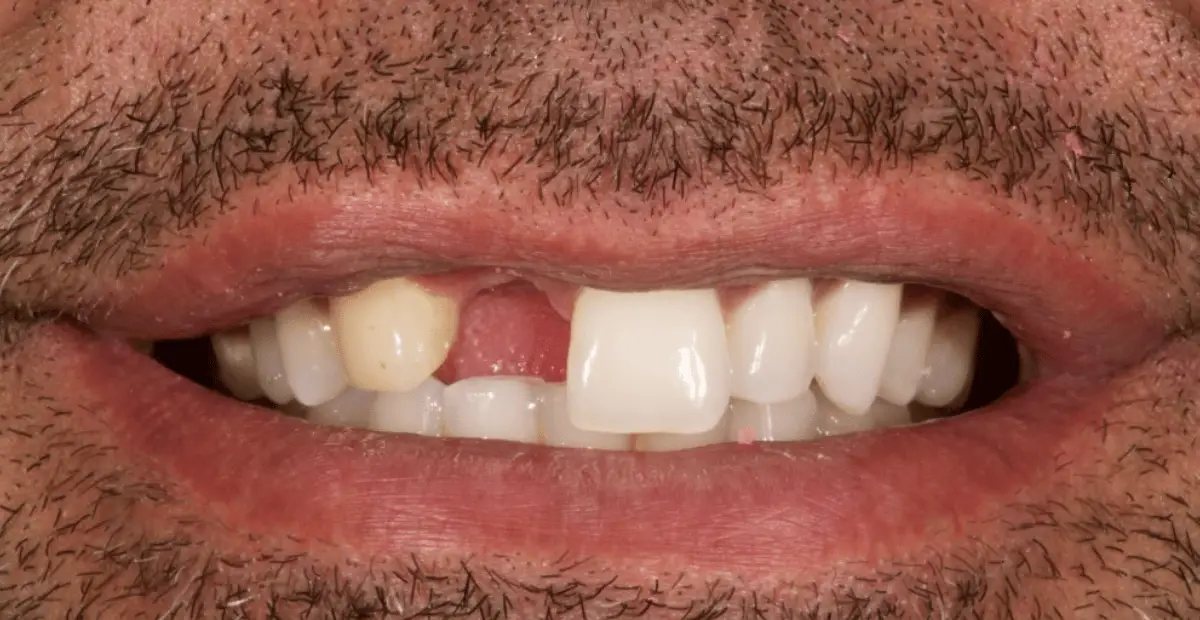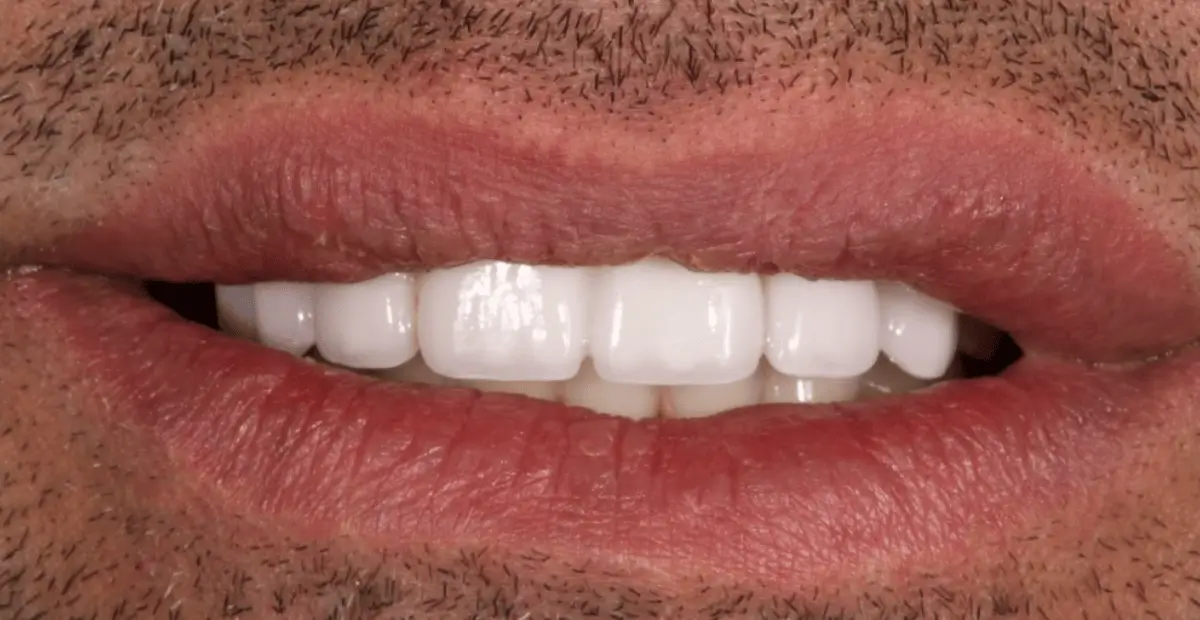Handle dental emergencies with confidence. Get first aid tips for toothaches, broken teeth, and more. Learn when to seek urgent dental care. Read the guide now!
Prefer to listen? Here’s the audio overview of this post

Dental emergencies can happen unexpectedly, causing significant pain and anxiety. Whether it’s a sudden toothache, a broken tooth, or losing a filling, knowing how to react can make all the difference in saving your smile and minimizing potential damage. This guide will provide you with essential information on handling common dental emergencies and seeking the right care.
A dental emergency refers to any condition affecting your teeth or gums that requires immediate attention to relieve severe pain, stop ongoing bleeding, or save a tooth. These situations can arise from trauma, infection, or other underlying dental issues. Recognizing what constitutes an emergency is the first step in taking appropriate action.
Ignoring a dental emergency can lead to more serious complications, including increased pain, infection spread, and potential tooth loss. Immediate intervention is crucial to alleviate suffering, prevent further damage, and ensure the best possible outcome.
Several signs and symptoms indicate a dental emergency. These may include:
If you experience any of these, it’s important to seek professional dental care as soon as possible.
Here are some specific examples of dental emergencies that require prompt attention:
While some situations can be temporarily managed with self-care, it’s crucial to know when to seek professional help. If you’re experiencing severe pain, uncontrolled bleeding, or have a knocked-out tooth, contact an emergency dentist immediately. Self-care measures are only meant to provide temporary relief until you can receive proper dental treatment.
Here’s a breakdown of common dental emergencies and steps you can take before seeing a dentist:
When a dental emergency strikes, knowing where to turn is essential. Here are some ways to find an emergency dentist:
Plaza Dental Specialty Group understands the urgency of dental emergencies. We offer immediate and expert care to quickly relieve your pain and resolve your dental crisis. Our team of dentists is here to provide a reassuring presence and guide you through this stressful time.
During your emergency dental visit at Plaza Dental Specialty Group, you can expect the following:
Dental emergencies can be stressful, and financial concerns can add to the burden. Here’s what to consider:
While emergencies can’t always be avoided, you can take steps to minimize your risk:
Dental emergencies can be painful and stressful, but knowing what to do can help you manage the situation effectively. Remember, prompt action is crucial to alleviate pain, prevent further damage, and save your teeth.
At Plaza Dental Specialty Group, we are committed to providing immediate and compassionate care for all your dental emergency needs. Don’t hesitate to contact us if you’re experiencing a dental emergency. We’re here to help you regain your smile and peace of mind.
Don’t suffer any longer. Call Plaza Dental Specialty Group now for immediate emergency dental care and experience fast relief. Tel. 310-515-5511
Plaza Dental Specialty Group provides comprehensive dental care from cleanings to advanced treatments in Gardena, Los Angeles, Orange, Anaheim, Santa Ana, Garden Grove, and surrounding areas. Our specialists deliver expert, compassionate service to help you achieve a healthy, beautiful smile.
© 2025 All Rights Reserved | Plaza Dental Specialty Group | Developed By Web Ninjas


IMPLANTS FROM
Offer ends June 30th, and appointments are limited.